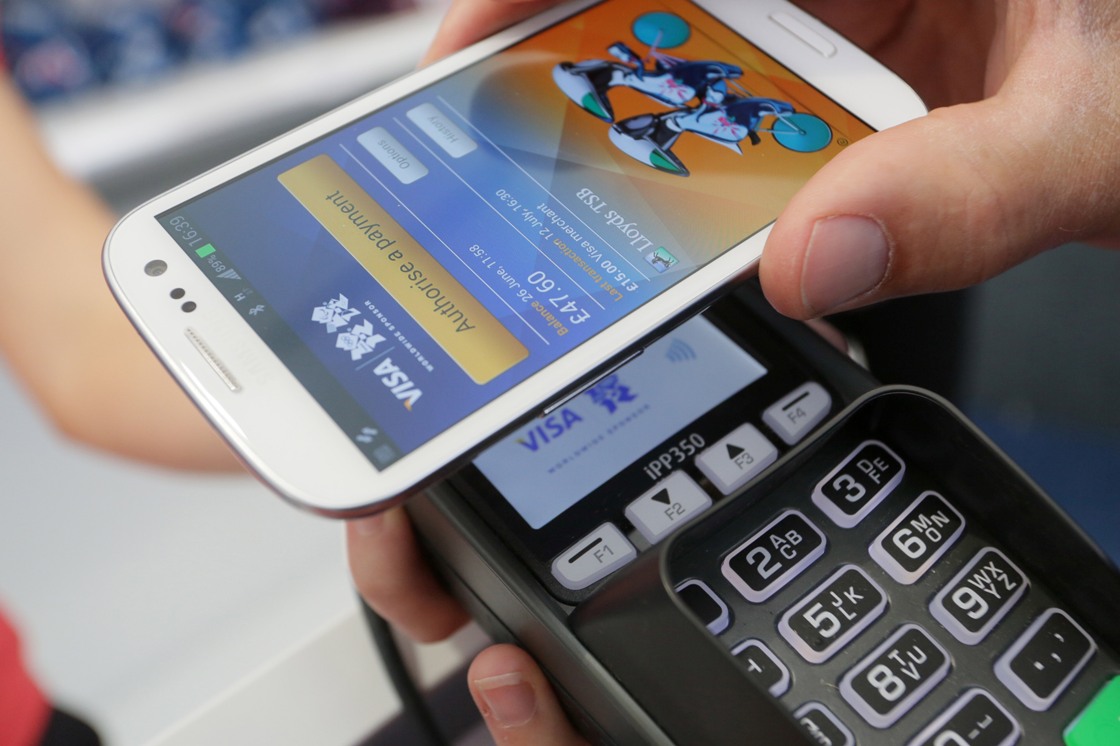NFC: mobile's missing link
Inside the Enterprise: Apple's decision to leave out NFC from the iPhone 5 has set the technology back, claims analysts.

A good few years ago the technology arm of consulting firm Accenture held an open day at its labs in southern France.
Two of the stand-out technologies were RFID radio frequency identification and near-field communications, or NFC.
RFID chips have continued to develop their usefulness and fall in price, and are now widely used in logistics, manufacturing and for industrial applications.
But NFC has not quite achieved the same success. The technology aims to provide "contactless" communications for payments, but also for services such as buildings access, or for public transport tickets.
Firms also demonstrated some interesting niche applications: Accenture, for example, had an NFC reader that would call up details of an album when you swiped its cover. This could be used by record shops to make it easier for customers to download the electronic version of the music, instead of buying the CD, or for friends to share playlists.
Although NFC lies at the heart of Transport for London's Oystercard system, for example, and contactless payments were used at the London 2012 Games, industry observers had expected the technology to move swiftly from standalone cards to being embedded in mobile phones.
Using the mobile phone for NFC has an immediate appeal: most of us carry phones, and having one device for payments, transport tickets, and even the office canteen seems much easier than replacing a slew of standard plastic cards for another set that just happen to use NFC.
Get the ITPro daily newsletter
Sign up today and you will receive a free copy of our Future Focus 2025 report - the leading guidance on AI, cybersecurity and other IT challenges as per 700+ senior executives
If Apple doesn't put NFC into its handsets, it shows a lack of confidence in the technology
As yet this has not really happened. The payment card companies continue to roll out new debit and credit cards with NFC built in, but the mobile phone makers are less keen. And, according to Dr Windsor Holden, of analyst Juniper Research, it is Apple that is really missing from the party.
Research by Juniper suggests the uptake of NFC outside of the Korean and Japanese markets has slowed. Projections the firm made about NFC adoption by 2015 of $110bn (70bn) - have now been pushed back to 2017. Originally, in 2017 the industry was expected to generate $180bn of transactions.
As Dr Holden points out, Apple's decision to leave NFC out of the iPhone 5, has a significance beyond just the sales of that handset, or even Apple's overall market share. "If Apple doesn't put NFC into its handsets, it shows a lack of confidence in the technology, and so other businesses are less likely to invest in it," he explains.
This, in turn, creates a damaging cycle: banks are reluctant to support NFC for payments, retailers are less likely to update their point of sale equipment in shops, and consumers, with few outlets to use NFC, will overlook the technology.
And awareness is a real issue: Dr Holden cites a study carried out earlier this year by YouGov, which found that just 13 per cent of people who had contactless cards realised they could use them to shop.
But then, with awareness that low, it would be wrong to place all the blame at Apple's feet. NFC is convenient, but it takes time to change consumer behaviour. To do that, companies need to prove a real business benefit, and pass that benefit on to consumers, either in pricing or through better service. Only then will consumers demand NFC in their phones.
After all, there are plenty of people who carry debit cards, but who still opt to use cash.
Stephen Pritchard is a contributing editor at IT Pro

